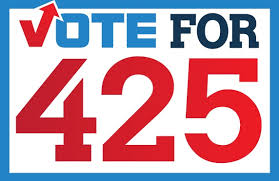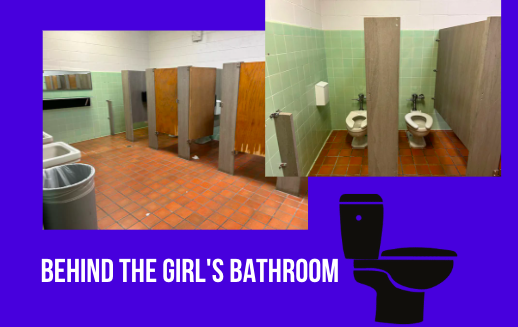Initiative 425

On November 4, the voters of Nebraska will have a great chance to increase the quality of life in our state. The Nebraska Minimum Wage Increase; Initiative 425, is a proposed statute developed by Omaha State Senator Jeremy Nordquist. This statute, if passed, would incrementally increase our state minimum wage. First, on January 1, 2015, the minimum wage would be increased to $8.00. One year later, on January 1, 2016 the wage would be increased to $9.00. The current minimum wage, $7.25, was last changed in 2009. This progressive movement, however, has met a very stark opposition in our conservative state legislation.
We are currently in a time of fiscal prosperity, not economic prosperity. There is a difference. 17.9 trillion dollars of national debt and a national unemployment rate of 6.1% is the opposite of economic prosperity. However, fiscally, our current situation is optimal. Since 2003, we have enjoyed steady market growth, almost constantly, except for the Housing Market Crash of 2009. That being said, the upper class has enjoyed a very lucrative time period that warrants a decision: should their profits be kept or shared through an increase of wages?
The largest argument presented by naysayers of Initiative 425 is that Nebraska’s cost of living is much lower than most states, making it unnecessary to increase our minimum pay. But in compliance with the ideals of trickle-down economics, when the upper class does well, their prosperity should stimulate the lower class. So, even if our minimum wage is higher than its accordance with our current cost of living, it should be raised not only because it can, but because it should for the sake of our lower and middle classes.
An increase in the minimum wage would not only help out our lower class, but also help bridge the gap between the upper and lower classes. The entire idea behind trickle-down economics is great, but it is apparent that it isn’t working. Our middle class, the class our great nation was built through, is shrinking and our lower class is growing. Many reasons are to blame, but the firmest reason is pay inequality. Why should an executive be paid the exorbitant salary of hundreds of millions of dollars, while a worker who turns the wheels of that same business have to be paid a wage that barely covers the essentials. Of course someone as intelligent and hardworking as the typical company executive deserves to be compensated well, but at some point, it is nonsensical to be paid so well when your employees are struggling to pay the bills. No other nation has as large of a pay gap between its upper and lower classes. America is first globally in the pay gap between upper and lower level employees. This can be drastically reduced by an increase in minimum wage, as presented in Initiative 425.
Liberal or conservative, old or young, blue-collar or white-collar, I think that we can all agree that fiscal inequality is growing, and it is growing rapidly. Great steps like Initiative 425 help reduce this. They expedite the effects of trickle-down economics and help out our middle and lower classes more quickly. Because, in a time fiscal prosperity, shouldn’t everyone prosper?

Hello! I am Anthony Hare, a first year writer for the SPUD. I am currently a junior at Alliance High School. I enjoy playing both varsity tennis and golf...










